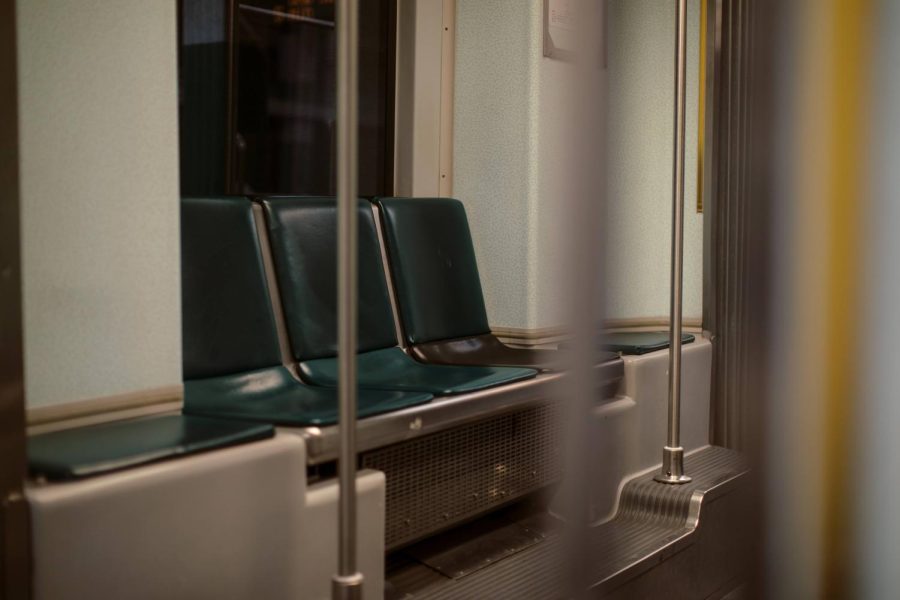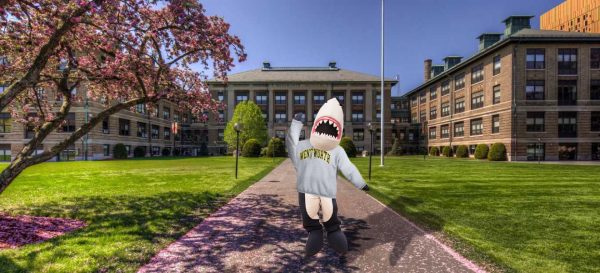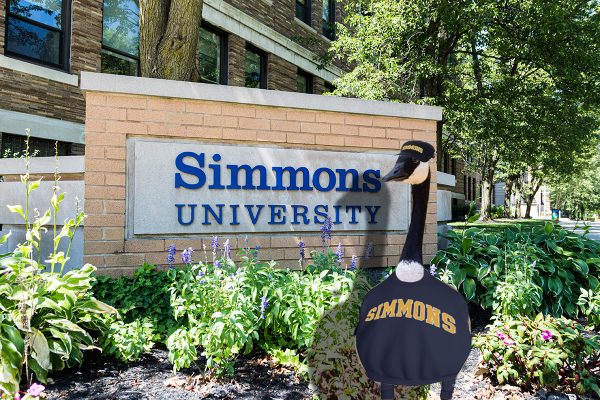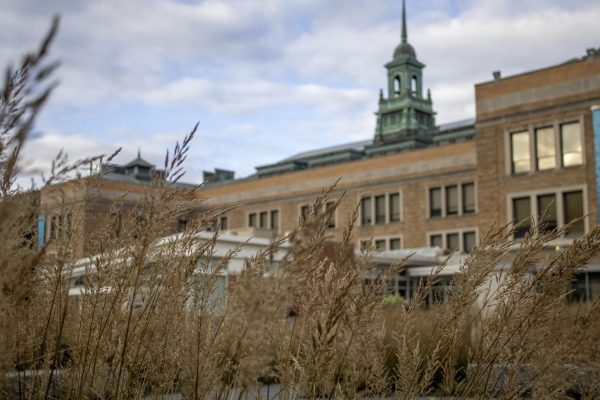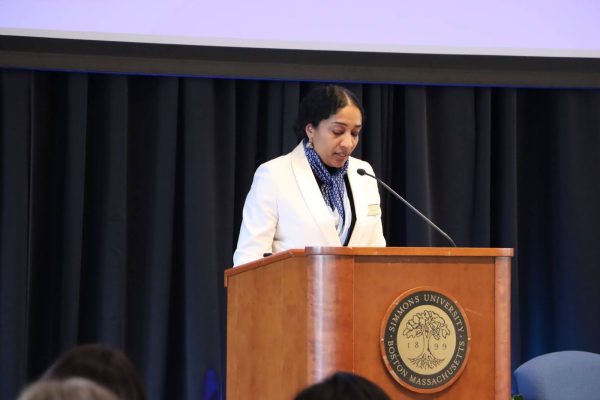Commuter students impacted by MBTA speed restrictions
Commuter students have reported challenges in making it to campus in a timely manner.
May 18, 2023
The MBTA announced speed restrictions between 10-25 miles per hour across all rail-operated transit lines on March 10. Blanket speed restrictions have since been lifted. The MBTA’s new Speed Restrictions Dashboard, however, shows nearly a quarter of all tracks are still restricted. Commuter students have reported challenges in making it to campus in a timely manner.
Speed restrictions started after a site visit of the Red Line between Ashmont and Savin Hill. The Department of Public Utilities inspected the facilities after the MBTA failed to provide sufficient documents on its tracks’ conditions.
In an interview with WBUR, T interim General Manager Jeff Gonneville said the MBTA was working with internal and third-party engineers on “verifying and validating the defects that were identified on our track and our track conditions.”
A total of 210 speed restrictions were in place as of May 7, with the Red Line having the most at 94 restrictions, covering 22% of its track. The Blue Line has the largest portion of its track restricted with 21 restrictions covering almost half of its track.
Elisa Dimagiba, a junior neuroscience major, regularly commutes to campus from her family home in Somerville, about a five-minute walk to the Green Line Extension in Union Square. “I usually leave an hour and a half before class with the slowdowns,” she said in an interview with The Voice.
Dimagiba’s commute typically takes an hour to an hour and a half. She noted that the MBTA “hasn’t been as reliable as it was in the past,” and her commute prior to the restrictions could be as short as 30 minutes.
Sofia Post, a senior studying exercise science, has experienced similar issues with speed restrictions.
Post lives in the Beacon Hill area in an intentional commune. “It’s fairly unique, and it was a pandemic decision. I thought I would move back to campus or move into an apartment, but I ended up just staying there for the full three years.”
Post sometimes has to plan their day around the MBTA. While their morning commute isn’t usually impacted, they are often late to after-class commitments. “We have dinner together as a community,” they said. “It’s frustrating because there’s commitments that I agreed to when I moved into the community. I’m not holding up my end of residency.”
Dimagiba recalled a day on which her commute was particularly difficult. “I left at my usual time, and it took an hour to get from Union Square to Government Center,” she explained.
Dimagiba said she left at 3:30 p.m. on March 30 for her 5 p.m. class. About 15 minutes prior, the MBTA tweeted: “Green Line experiencing delays of up to 15 minutes due to a train with a door problem at Government Center. Trains may be asked to stand by at stations.”
A tweet at 3:40 p.m. announced that delays had been increased to 20 minutes. A final tweet, posted over an hour after delays began, claimed services were no longer delayed. Replies from riders to the tweet revealed this may not have been the case.
Dimagiba said the delays were so bad that she skipped her class that night and went home.
Post acknowledged their privilege regarding issues with MBTA speed restrictions, as well as overall MBTA services. “I think a big piece of it is the equitability of how the neighborhoods in Boston are set up.”



